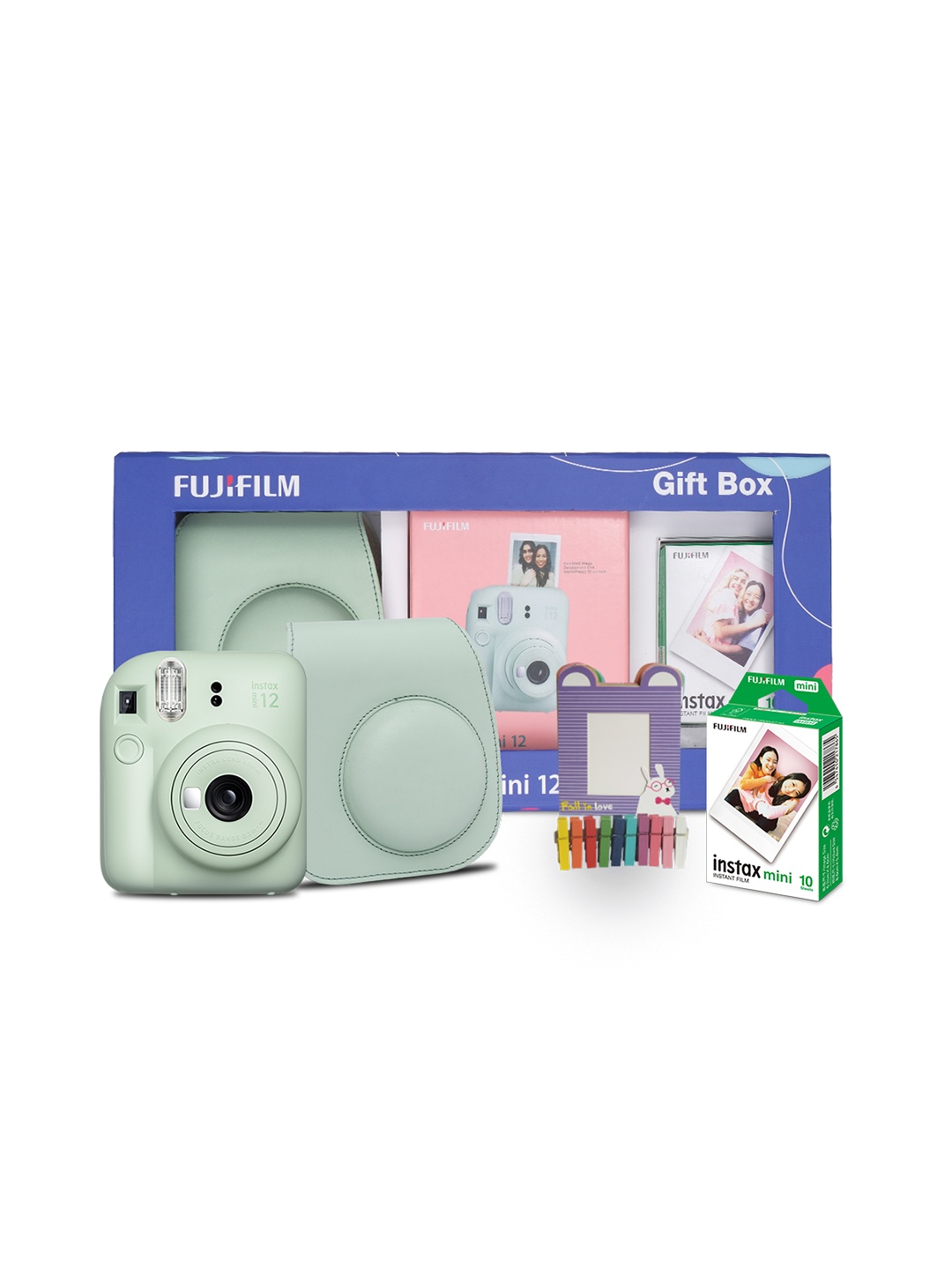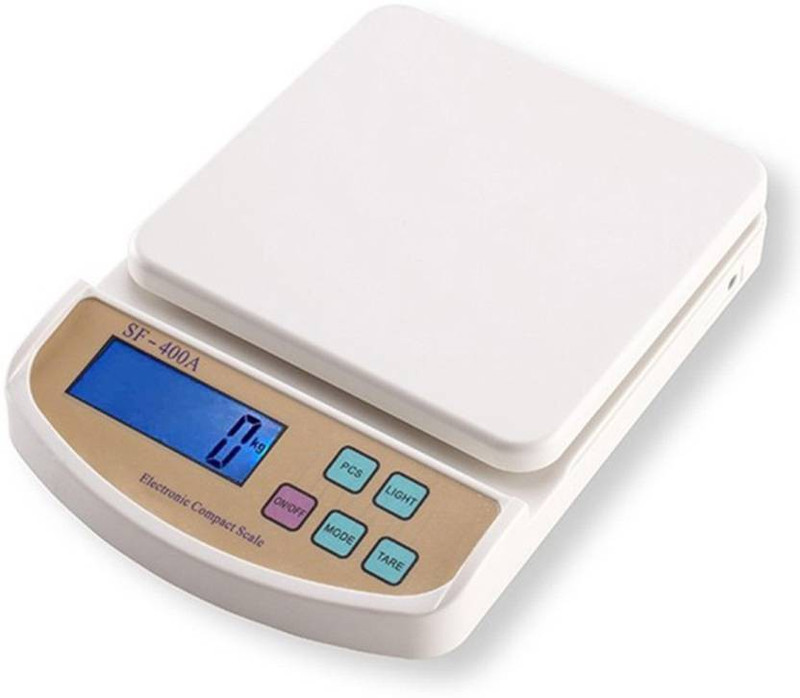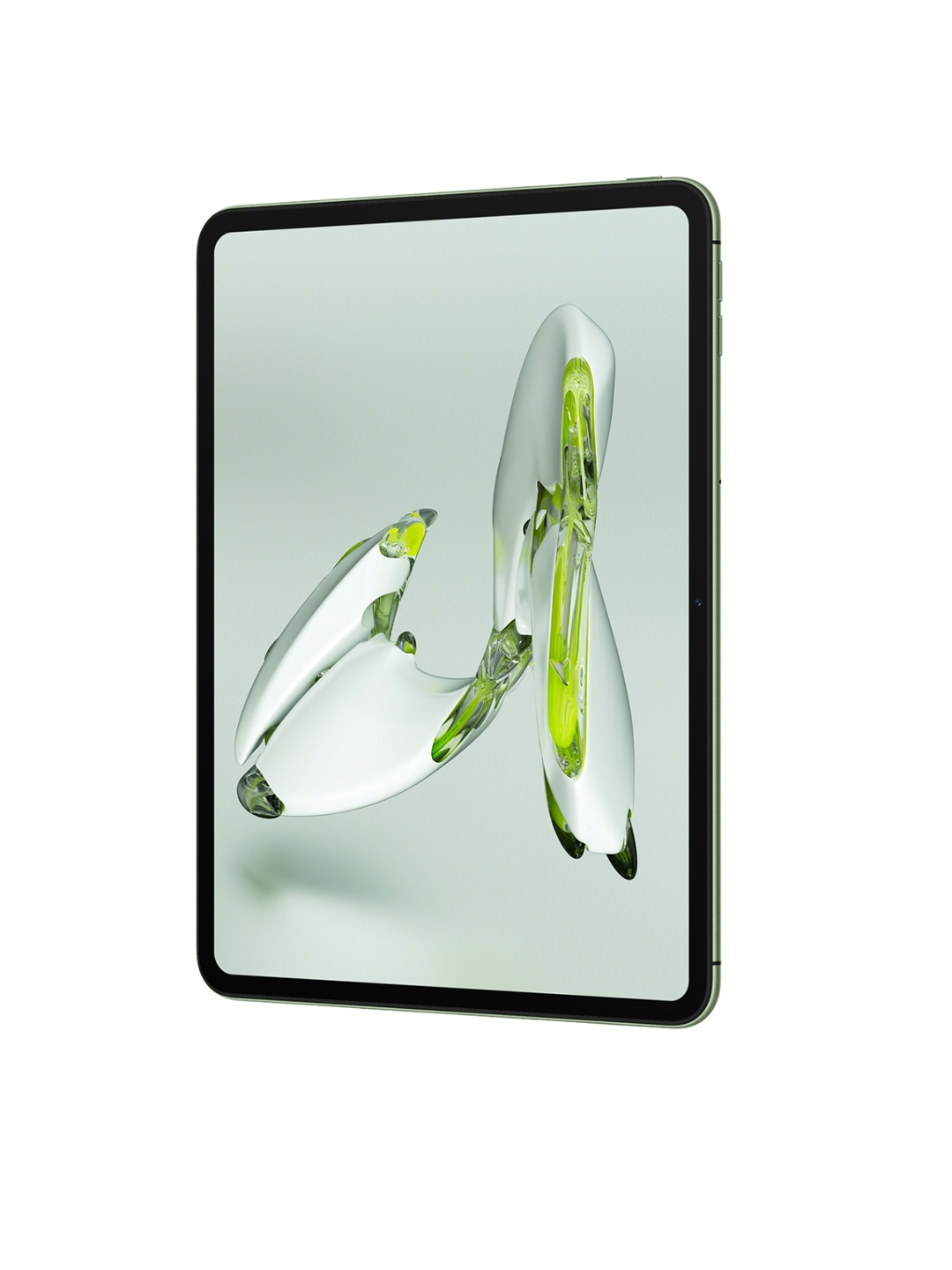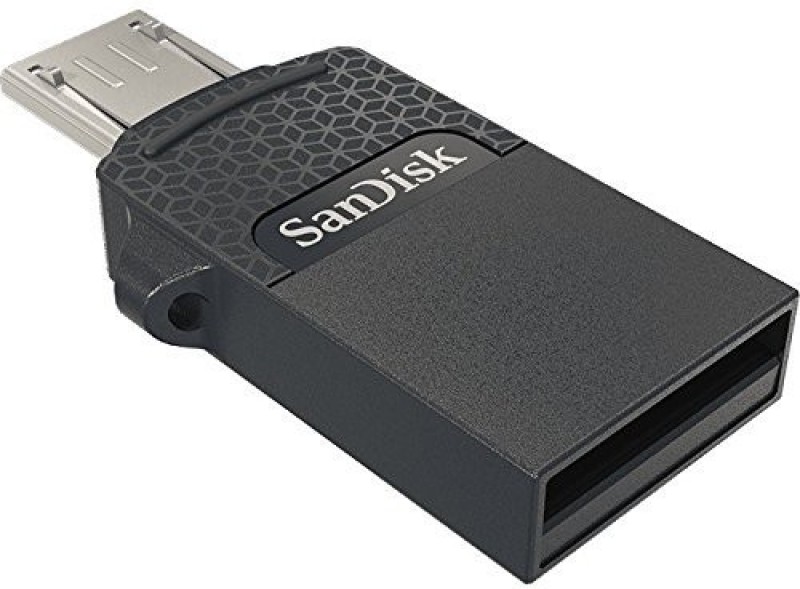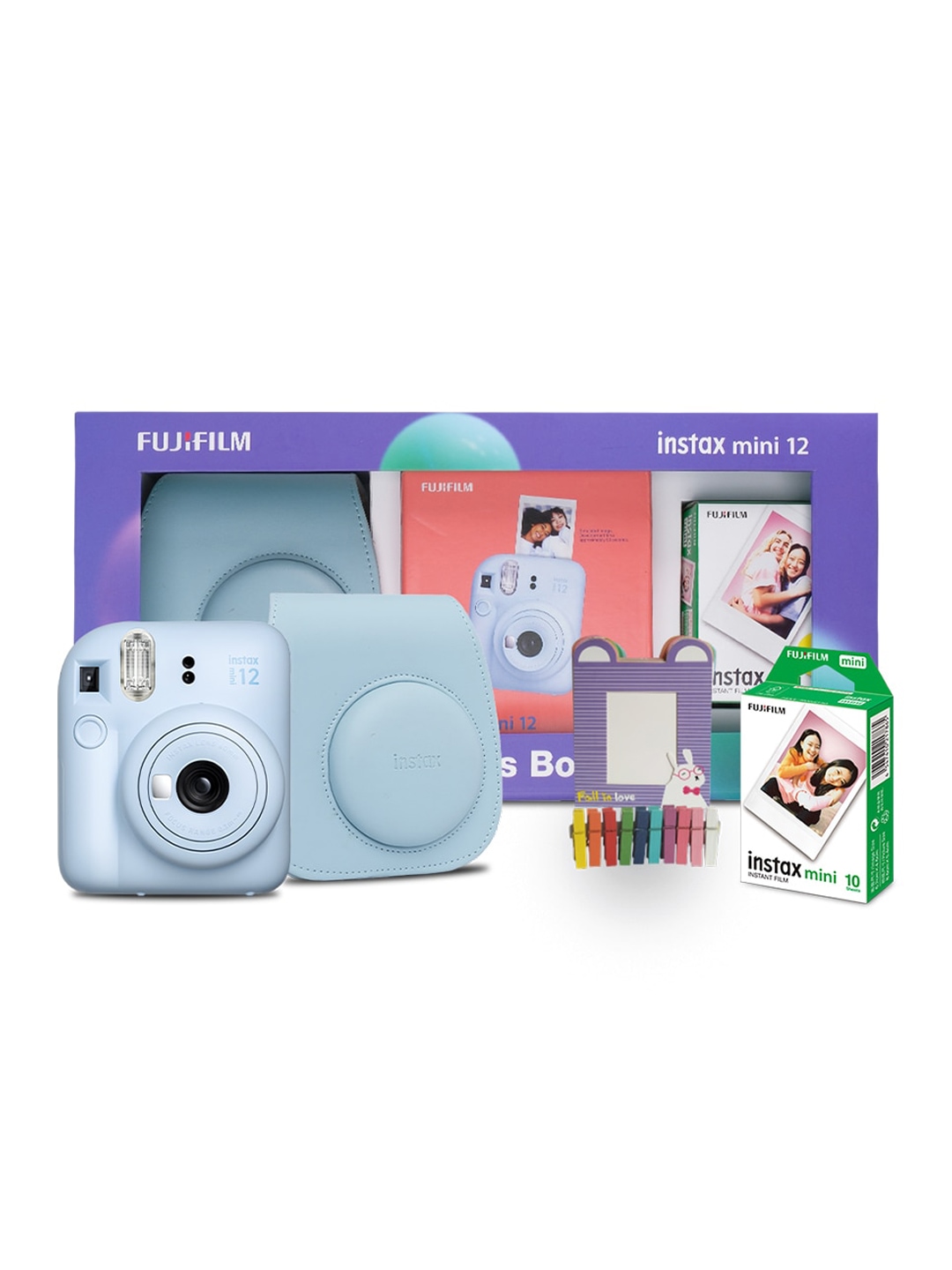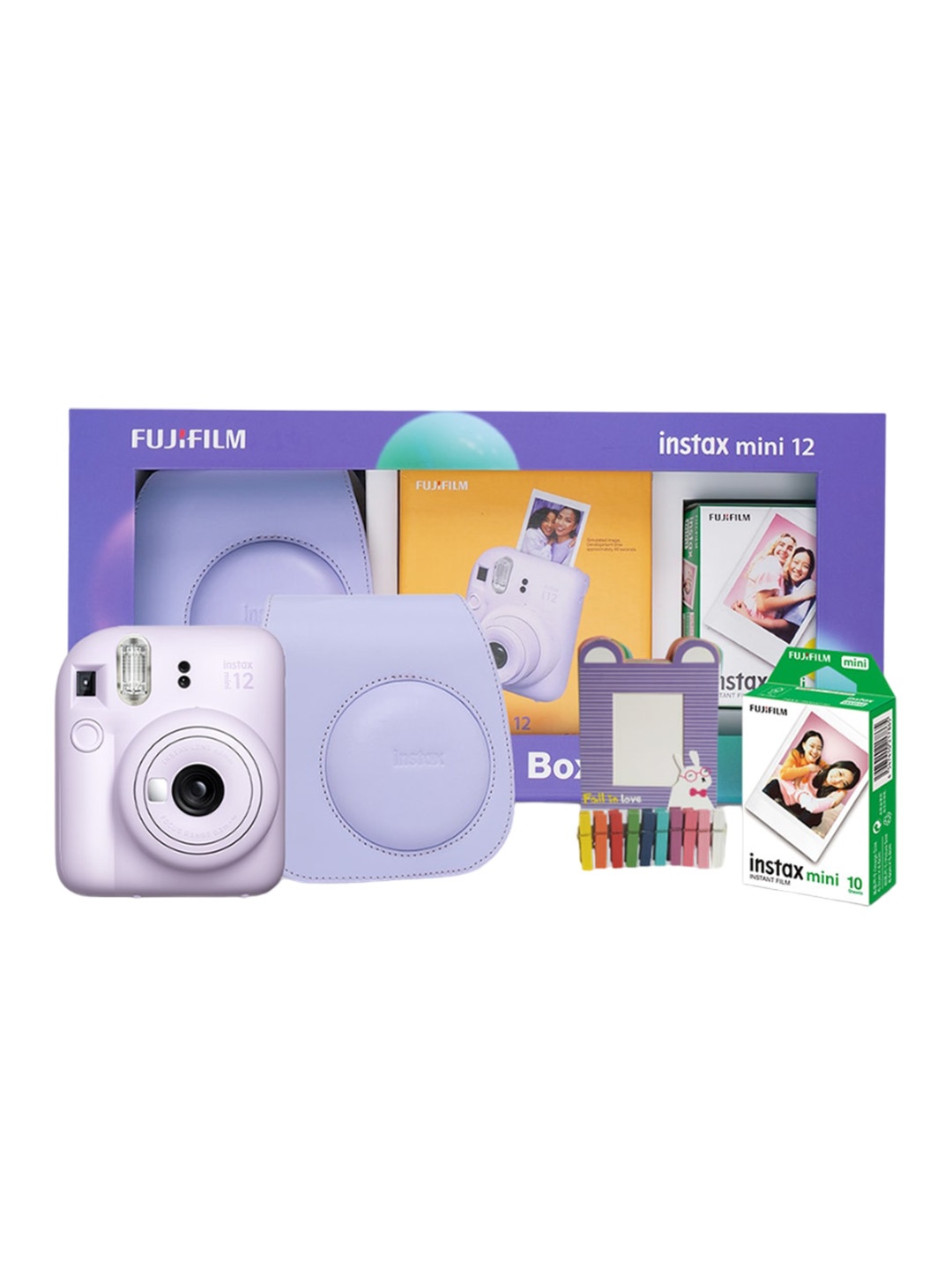Picking the Right Inverter Battery Can Save You More Than Just Power: Here Is What You Need To Know

As per multiple studies conducted in India*, power cuts are no stranger to Indian households, especially during the scorching summer or sudden storms. Having a reliable inverter battery is no longer a luxury, it has become a basic necessity. Whether you live in a metro or a smaller town, choosing the right battery can affect everything from your appliance performance to energy bills. But with so many options, where should you start? Here's a quick guide to understanding why inverter batteries matter and what you should consider before bringing one home.
How To Choose An Inverter Battery: Factors To Consider When Buying An Inverter Battery; Photo Credit: Freepik
Also Read: If You Neglect Your Inverter For A Month: Here Are The Costly Mistakes You Can Make
1. Why Every Indian Home Needs An Inverter Battery
Despite advancements in electricity infrastructure, many parts of India continue to experience frequent power outages. Rural regions often see prolonged blackouts, while even urban centres suffer from sudden voltage drops and short outages. In such cases, inverter batteries act as the backbone of your backup system, powering essentials like fans, lights, mobile chargers, and even Wi-Fi routers. It is especially critical for households with infants, elderly family members, or those who work from home. Investing in a reliable inverter battery ensures peace of mind and an uninterrupted routine.
2. Tubular vs. Flat Plate: Know The Difference
Understanding the battery type is key to making the right choice. Tubular batteries are generally more durable and efficient, making them perfect for areas with frequent power cuts. Their design allows deeper discharge and better life cycle performance. On the other hand, flat plate batteries are more suitable for areas with occasional power outages. They cost less but require more maintenance. So, if your area experiences regular blackouts, opting for a tubular battery is a smarter long-term investment.
3. The Lifespan Matters More Than You Think
Battery replacement can be costly, so it's important to consider lifespan while buying. A good tubular inverter battery typically lasts between 4 to 6 years with proper maintenance. Sealed maintenance-free (SMF) batteries have shorter lifespans but are more convenient. Battery longevity depends on factors such as usage frequency, charging cycles, maintenance, and even ambient temperature. Keeping the battery in a ventilated area and maintaining water levels regularly can significantly extend its life.
How To Choose An Inverter Battery: Factors To Consider When Buying An Inverter Battery; Photo Credit: Freepik
4. Backup Time: Choose What You Really Need
Your household's energy needs determine the backup time you should aim for. A 150AH battery can power a few fans, LED lights, and a TV for 3 to 4 hours. If you wish to use heavier appliances like refrigerators or desktops, a higher-capacity battery (180AH or more) may be required. Overestimating can lead to unnecessary expense, while underestimating will leave you frustrated. Make a list of appliances you'd like to power during an outage and choose your battery accordingly.
5. Battery Capacity And Your Power Load
Battery capacity is measured in ampere-hours (AH). Higher AH ratings provide longer backup times. For a standard 2BHK flat with basic requirements, a 150AH battery is often sufficient. But for joint families or larger homes with multiple rooms, 180AH or 200AH batteries are more appropriate. Remember, inverter batteries work in tandem with inverters, so make sure both are compatible in terms of voltage and capacity.
6. Maintenance: How Much Time Can You Spare?
Batteries come with different levels of maintenance requirements. Tubular and flat plate batteries usually need regular topping with distilled water, every 2-3 months. SMF batteries, although slightly more expensive, are sealed and don't require any maintenance. If your schedule doesn't allow regular upkeep or you're buying the battery for an elderly person's use, a maintenance-free battery is ideal. However, make sure to monitor overall performance even with SMF batteries.
7. Safety, Storage And Warranty Tips
Storing your inverter battery in a safe, dry, and well-ventilated space is crucial for safety and performance. Avoid areas with excessive heat or moisture as they can degrade the battery faster. Modern batteries come with safety features like short circuit protection, overload protection, and auto shut-off during low voltage. Always go for brands that offer a comprehensive warranty (minimum of 2-3 years), and ensure you keep the warranty card and purchase invoice safe for future claims.
What To Look For When Buying An Inverter Battery Online
Shopping for an inverter battery online gives you access to customer reviews, ratings and, more often than not, better deals. However, check for installation options, delivery timelines, and after-sales service. Some brands offer free installation or extended warranties even on online purchases. Look out for verified purchase tags in customer reviews to get honest feedback about performance and durability.
Products Related To The Article
1. LUMINOUS Red Charge RC25000 Long Backup Tubular Inverter Battery (200Ah)
2. Livguard IT 1636STJ Tubular Inverter Battery (160 Ah)
3. LUMINOUS Inverlast ILTT 20060 160Ah Tubular Inverter Battery (160Ah)
4. LUMINOUS RC16000+ECOWATT650+Trolly Tubular Inverter Battery (135 AH)
5. OKAYA OPTT19060 Tubular Inverter Battery (160Ah)
6. Invertek Energy IE24VUB-2560 Lithium (24Volt) Valve Regulated Multi Cell Inverter Battery (100 AH)
7. Genus GTT-250 Tubular Inverter Battery (220Ah)
8. LUMINOUS RC 24000 PRO Tubular Inverter Battery (180Ah)
9. Genus Winner 1200 Inverter With Trolley And GTT200 Tall Tubular Inverter Battery (Battery 165Ah | Inverter : 900VA)
10. Genus GTT-270 Tubular Inverter Battery (230 Ah)
Buying During Flipkart Sales: A Smart Strategy
Flipkart frequently offers home appliance and electronics sales that align with festival seasons or summer demands. These events often include combo deals, EMI options, and exchange offers. Make sure to check for special categories like "Power Backup Solutions" or "Inverter Battery Combos" during Flipkart's Big Billion Day or Summer Saver Sale.
Your Battery, Your Backup Plan
The importance of a quality inverter battery goes beyond mere convenience, it's about ensuring comfort, safety, and uninterrupted routine during uncertain power conditions. Whether you're living in a city flat or a village bungalow, a dependable battery setup brings immense peace of mind.
Consider your usage patterns, maintenance capability, and budget before making a choice. Once you've narrowed down your preferences, online platforms like Flipkart can help you compare models and grab seasonal discounts. Power up smartly!
*Source: An empirical investigation of the Indian households' willingness to pay to avoid power outages published in Energy Policy. [Read Here]
Disclaimer: The images used in this article are for illustration purpose only. They may not be an exact representation of the products, categories and brands listed in this article.














